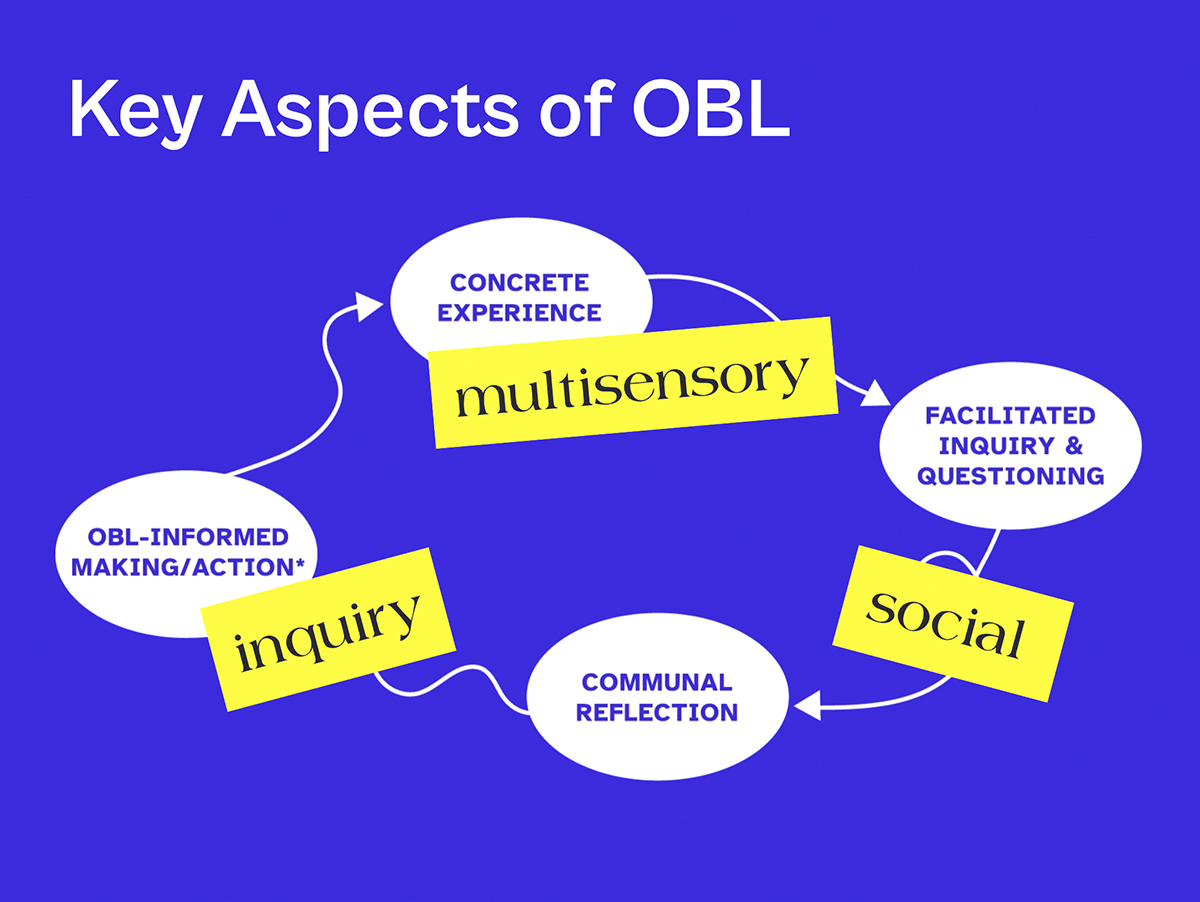Claire Elestwani
Assistant Professor
Lamar University
Virginia Patterson
Assistant Professor
California State University Fresno
As design educators work to create equitable learning environments, it is imperative we implement pedagogy which centers lived experience and community knowledge production over privileged experience. Traditional pedagogies of design focus on learning through activity such as projects and critique through dialogic exchange. These methods are celebrated for their inclusive nature, yet socioeconomic stratification often shapes inequities in the design learning environment. These strategies can privilege students who already feel comfortable in academic environments or have had access to extracurricular activities such as internships or design conferences, and reinforce a culture of exclusion within our discipline. In these implicitly elitist systems, students who are new to the studio environment tend to remain unengaged within the community of inquirers that is the classroom.
In this presentation, we will explore Object-Based Learning (OBL) as a pedagogy which decenters privileged experiences and recenters student knowledge and lived experience. Object-Based Learning, the experiential pedagogy of engaging physically with objects through observation and reflection, is prevalent in the disciplines of art history, museum education, and archeology. We will focus on OBL phases of concrete experience, questioning, and communal reflection as methods of design research rooted in learner-constructed meaning and student agency. We will also focus on OBL as an activity that can take place in ordinary built environments with objects encountered in everyday life. Rooted in verbal observation and reflection, OBL can offer an equitable landscape for intellectual risk-taking and surprise, both valuable to the learning and design process.
During our presentation, we will share examples of OBL in the design studio, frameworks for implementing OBL in various studio classes, and the benefits of OBL as a design research method. We will also share qualitative reflections from an OBL activity in a Packaging Design course, and its ability to foster voice and agency.
This design research was presented at Design Incubation Colloquium 9.2: Annual CAA Conference 2023 (Virtual) on Saturday, February 18, 2023.
